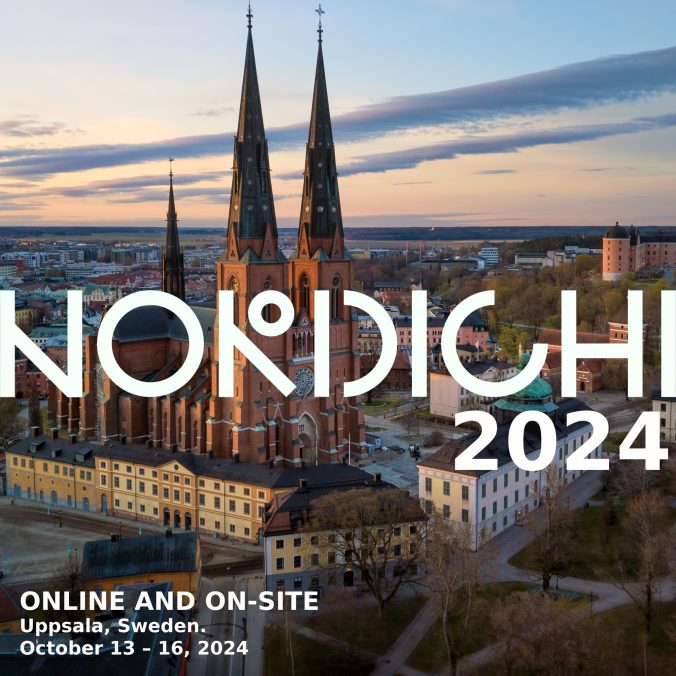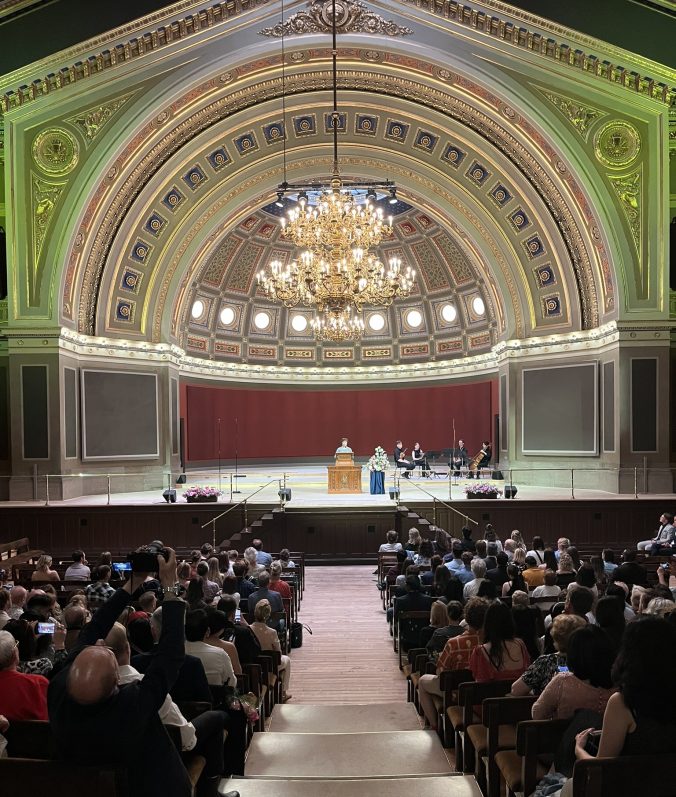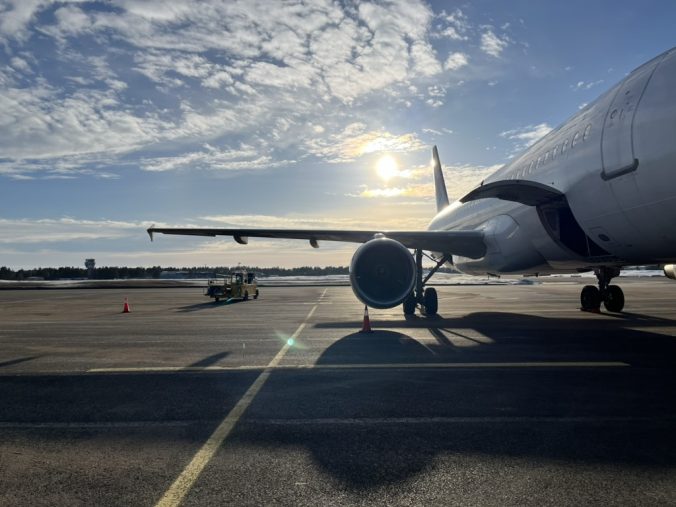Jag och 700 andra personer hade i veckan chansen att delta på Gilla Jobbet-konferensen i Malmö, en mötesplats för diskussioner kring arbetsmiljöfrågor. Förutom att jag fick lyssna på flera intressanta föreläsningar, hade jag även möjligheten att hålla en presentation om vårt arbete med AI, automatisering och hur det påverkar arbetsmiljön. Här är några av höjdpunkterna från dagen.
Att förebygga och hantera hot och våld
På en av föreläsningarna lyssnade jag på Torbjörn Hellmouth som pratade om hur man kan förebygga och hantera hot och våld på arbetsplatsen – ett problem som tyvärr är alltför vanligt. Han lyfte fram att det går att undvika många farliga situationer genom att jobba förebyggande, men också hur man akut kan hantera hot när de ändå inträffar.
En sak som fastnade hos mig var när han pratade om varför olika människor kan reagera så olika på samma hotfulla situation. Det är viktigt att förstå när man ska ge stöd på rätt sätt, eftersom alla har olika behov.
Digitala aggressioner – en ny arbetsmiljörisk inom skolan
En annan aktuell fråga som togs upp på konferensen var “digitala aggressioner”, presenterad av Rebecka Cowen Forssell, biträdande universitetslektor vid Malmö universitet. Man kan också hitta Rebeckas forskning på “Forskning på 5: Digitala aggressioner”.
Forskningen som Rebecka leder har resulterat i ett nytt verktyg som syftar till att göra forskning lätt tillgänglig och användbar direkt på arbetsplatsen. Hon förklarade hur digitala aggressioner kan påverka medarbetares hälsa och motivation, och betonade att det är viktigt att uppmärksamma och tala om den här problematiken.
Återhämtning under arbetsdagen
En annan föreläsning som jag tyckte var riktigt intressant hölls av Lina Ejlertsson, som forskar inom folkhälsa. Hon pratade om vikten av att vi faktiskt måste få tid till återhämtning även under arbetsdagen, inte bara på fritiden. Hon gav flera bra tips på hur man kan skapa variation i jobbet – genom att ändra tempo, arbetsuppgifter eller till och med plats där man arbetar. Hon finns också på Instagram och delar med sig av forskning inom återhämtning!
Mångfald, arbetsmiljö och integration med en humoristisk twist
En annan höjdpunkt var Umit Dag, som verkligen fångade hela publiken med sin blandning av humor och allvar. Han är också ståuppkomiker, vilket märktes i hans föreläsning.
Umit berättade om sina egna erfarenheter som invandrare och de kulturkrockar han stött på under sin resa in i det svenska arbetslivet. Han fick oss att skratta och tänka efter på samma gång! Det var både underhållande och tankeväckande.
Vår presentation: AI, automatisering och arbetsmiljön
Jag hade också förmånen att presentera mitt arbete om hur AI och automatisering påverkar arbetsmiljön. Jag pratade om att AI kan vara både till hjälp och ett hinder, beroende på hur det implementeras. Tekniken kan absolut göra jobbet enklare och mer effektivt, men om den används på fel sätt kan den istället skapa stress och göra arbetsmiljön sämre.
Gilla Jobbet-konferensen var verkligen en inspirerande dag. Jag fick med mig många nya tankar om hur vi kan förbättra arbetsmiljön, och det var spännande att få dela med mig av mina egna erfarenheter om AI och automatisering. Jag ser fram emot nästa konferens i Skellefteå om någa veckor. I Göteborg är det Bengt Sandblad som pratar om AI, automatisering och arbetsmiljö-
Gilla jobbets föreläsningar finns också digitalt om du blev nyfiken! https://gillajobbet.se/










